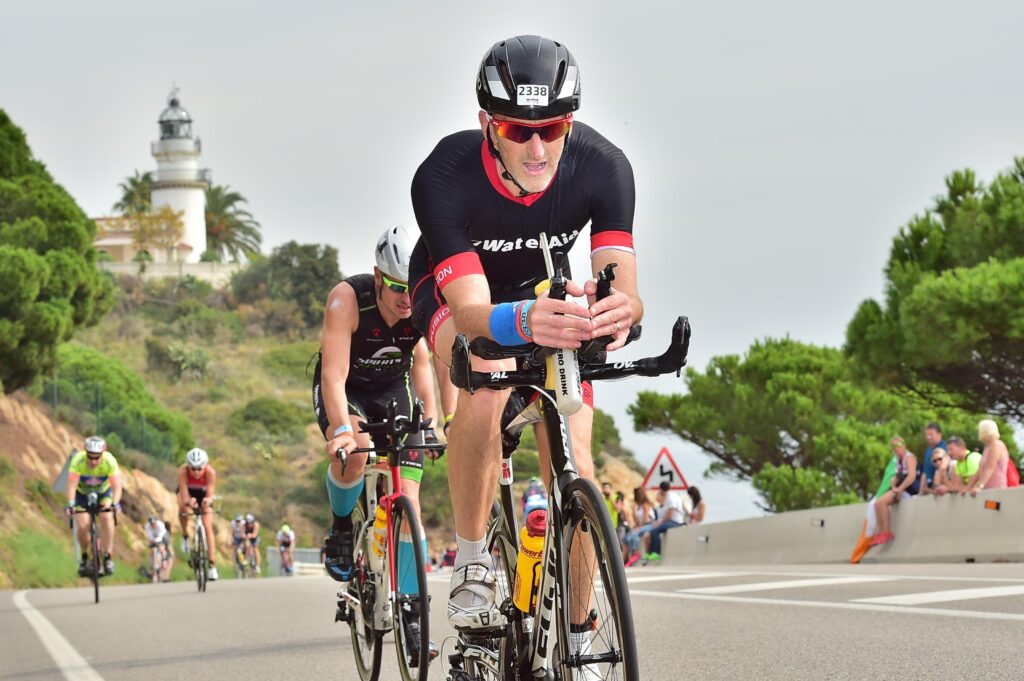Ok, stop right there. If you’re the kind of person that has come to this article, looked at how long it is and are already wondering if you can bothered to read it all the way through then I’ll save you the bother.
You probably need a training plan and a coach.
Either that or you need to find an easier sport than triathlon. If you’ve made it as far as this paragraph – well done. You may be able to save yourself some money by reading on. I’m going to try and answer 2 questions.

1. Do you need a training plan?
Well I’ll start by saying I think that you definitely need some kind of plan or structure to your training if you want to reach a specific goal – whatever that may be. It’s rare that an athlete of any kind (let alone something as complex as balancing the demands of 3 sports) sets out and does all of their training based entirely on “feel”. Even if they do that, it’s highly likely that some kind of structure would have helped along the way.
There are a whole host of set plans available on the Internet that won’t cost you a penny and companies like Garmin include some standard plans in their software. I’ve used some of these in the past and in fact completed my first 70.3 triathlon based entirely on something I got off the Internet. It kind of worked, I survived put it that way.
You can also possibly devise your own plan based on a book like (the amazing!) Jo Friel’s “Going Long” for example. I used Jo’s book to inform my training for my first full Ironman and all the way up to race day I thought it was excellent. In fact, it was still excellent until about 7 hours into the race! That was when I then started to realise that all the time I’d “wasted” swimming would have been much better spent on the bike. But hey, you live and learn.
So, go get something off the Internet and/or read a book or two, or three, or ten. It may work really well for you. I know a few local athletes that have produced some amazing results at races and it was all based on reading a book.
All that said, I’m aware that these suggested approaches don’t suit everybody and what they can’t possibly do is supply something that is based on your individual needs. It would be a very clever book that could!
So that’s where a coach’s input to a training plan can possibly help.
For example our training plans are based entirely around a detailed assessment of you. Whether we end up working together is dependent on a whole load of things but whoever you choose to put together your training plan I’d advise you may sure they are taking you as an individual into account. Make sure they cover things like:
- The time you have to train
- The goal you have in mind for the season
- The other demands on your time
- Your current strengths and weaknesses
- Your previous injuries and any health conditions
- Your motivations
- Your diet and lifestyle
- and loads more beside
So, once you’ve got a training plan, how do you stick to it? Do you have the necessary levels of self-motivation to stick to it? What if it’s not working? Are you the kind of person who needs some accountability to make you stick to what’s been laid out? What happens to your plan if you get injured or ill? (it’s going to happen at some point, it’s a simple fact of life).
This is where you need to answer the next question.
2. Do you need a coach?
Now it may seem strange that a triathlon coaching company would even suggest you may not need a coach but for some people this is in fact true. I know of many successful local triathletes that have self-coached and even world class triathletes like Joe Skipper have never had a coach.
My own triathlon journey has been shaped as much by own experience and reading as it has been from external coaching input but I’m also very aware that my levels of self motivation and drive seem to be a lot higher than many of the other athletes I’ve worked and trained with.
So, most athletes desire some level of accountability or motivation to achieve their goals and this can be gained from a variety of sources. For some, training partners or a good local club are two obvious options and can work well for a lot of athletes.
Despite all of this there is clearly a reason why coaches exist. Either that or there’s a lot of people qualified and insured to do nothing.
I think the external input of a coach can often help. For some it’s simply knowing that someone is watching (I know of one local athlete who never even speaks to their coach but their view is that they only train because they know he is watching!). For others it’s having that extra pair of eyes that is spotting the things they can’t see about themselves (Johari’s Window is a great way of demonstrating this). Others simply don’t know where to start or what to do if they get injured or sick. For most it’s likely to be a combination of all of these things.
If you do want to discuss getting a training plan based on an individual assessment and also having a coach on an ongoing basis to help you execute that plan then please do get in touch.
You can read more about what we offer on our plans and pricing page. Maybe take a look at some of our testimonials to see if we’re the right kind of coaches for you.
